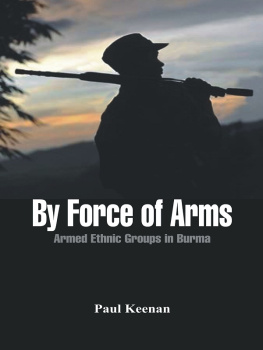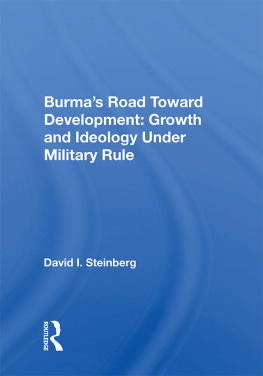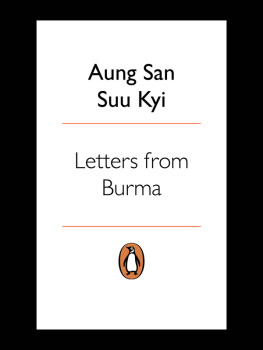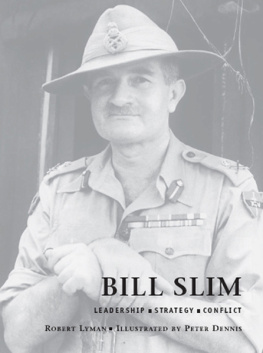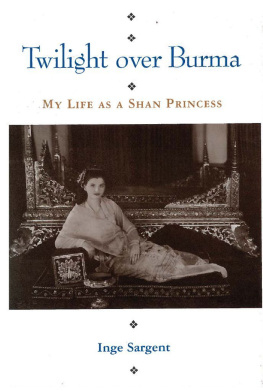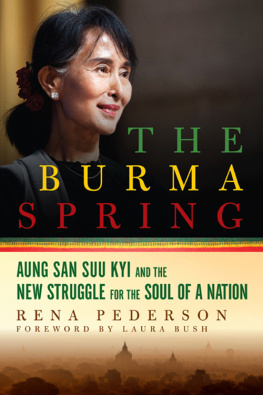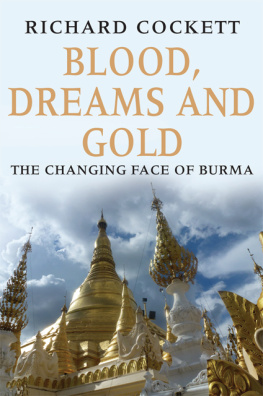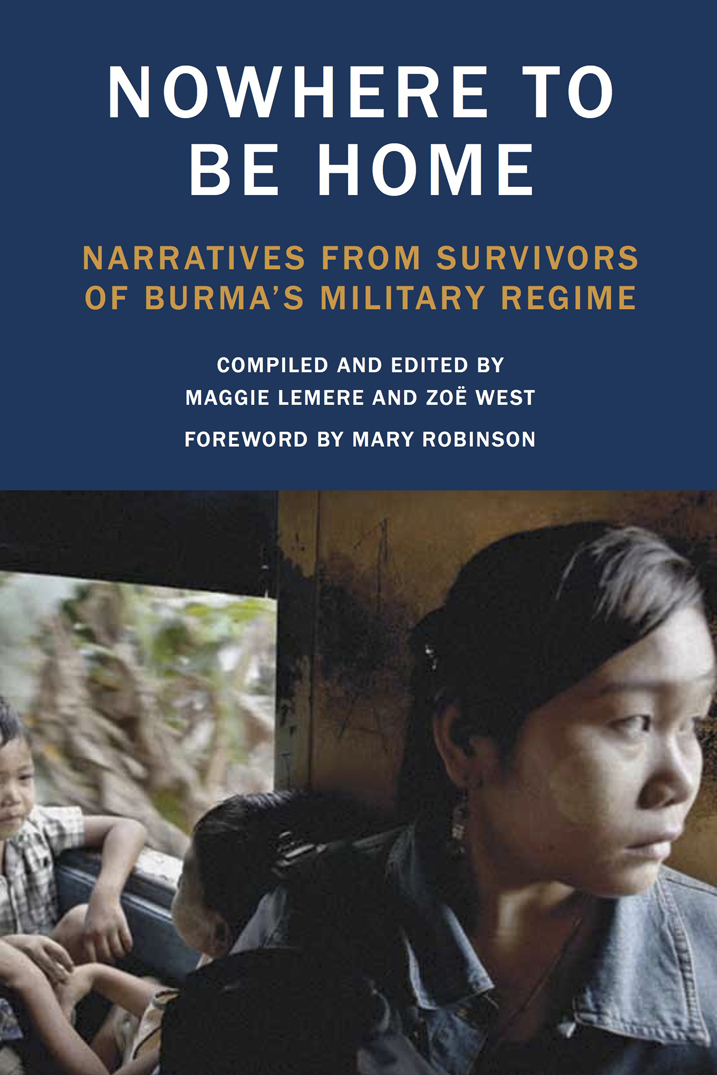
NOWHERE TO BE HOME
We dedicate this collection to our mothers, Sue and Lisa, and their mothers, Betty and Evelyn.


VOICE OF WITNESS

McSWEENEYS BOOKS
SAN FRANCISCO
For more information about McSweeneys, see mcsweeneys.net
For more information about Voice of Witness, see voiceofwitness.org
Copyright 2011 McSweeneys and Voice of Witness
Front cover photo by Annie Tritt
Back cover photo by Christian Holst/Getty Images
All rights reserved, including right of reproduction in whole or part in any form.
McSweeneys and colophon are registered trademarks of McSweeneys Publishing.
ISBN (E-book): 978-1-940450-97-1
VOICE OF WITNESS
The books in the Voice of Witness series seek to illuminate human rights crises by humanizing the victims. Using oral history as a foundation, the series explores social justice issues through the stories of the men and women who experience them. These books are designed for readers of all levelsfrom high school and college students to policymakersinterested in a reality-based understanding of ongoing injustices in the United States and around the world. Visit voiceofwitness.org for more information.
VOICE OF WITNESS BOARD OF DIRECTORS
DAVE EGGERS
Author; Co-founder of 826 National, the Valentino Achak Deng Foundation, and the Zeitoun Foundation
LOLA VOLLEN
Visiting Scholar, Institute for International Studies, UC Berkeley; Executive Director, Life After Exoneration Program
JILL STAUFFER
Assistant Professor of Philosophy; Director of Peace, Justice, and Human Rights Concentration, Haverford College
VOICE OF WITNESS BOARD OF ADVISORS
ROGER COHN
Former Editor-in-Chief, Mother Jones
MARK DANNER
Author, Professor, UC Berkeley Graduate School of Journalism
HARRY KREISLER
Executive Director, Institute of International Studies, UC Berkeley
MARTHA MINOW
Dean, Harvard Law School
SAMANTHA POWER
Professor, Kennedy School of Government, Harvard University
JOHN PRENDERGAST
Co-Chair, ENOUGH Project
ORVILLE SCHELL
Arthur Ross Director, Asia Society
WILLIAM T. VOLLMANN
Author
FOUNDING ADVISOR
STUDS TERKEL
Author, oral historian
INTERPRETERS: Mohammed Hannan, Ashin Sopaka, Naw San, Than Soe Hlaing, Po Po, Win Win, Ko Phyo, Min Ye Tun. TRANSCRIBERS: Krisandra Adams, Tominda Adkins, Heather Apodaca, Natasha Brinsden, Nick Chambers, Amita Chollate, Elizabeth Clark, Adam Cook, Nick de Boer, Hanna Edber, Brett Ferrara, Cindy Garza, Elizabeth Goode, Jay Grewal, Jennifer Hoguet, Teresa Iacobelli, Elizabeth Jewett, Henry Jones, David Lafon, Jennifer Lee, Kristen Mirenda, Meghan Moran, Moses Namkung, Annie Nguyen, Lindsey Pinkham, Nadia Prupis, Blair Rainsford, Sara Riegler, Brian Rutledge, Jacqui Shine, Meera Sinha, Joanna Steinhardt, Jamie Stevenson, Katie Sticca, Scott Underwood, Jon Vandenberg, Meredith Watkins, Kika Westhof. RESEARCH: Michael Sudmeier, Annie Hewitt, Alissa Valles, S.P. Sullivan, Brandon Henander, LL.M, Nichole Faina, James Meisenheimer. PROOFREADERS: Ben Shattuck, Mike Valente, Valerie Woolard, Anna Noyes, Rebecca Powers, Mackenzie Beer. COPY EDITOR: Oriana Leckert. VOICE OF WITNESS SERIES EDITORS: Dave Eggers & Lola Vollen. EXECUTIVE DIRECTOR: mimi lok. DEVELOPMENT AND COMMUNICATIONS ASSOCIATE: Juliana Sloane. EDUCATION PROGRAM DIRECTOR: Cliff Mayotte
CONTENTS
Guide
by Mary Robinson
Growing up in the west of Ireland, I would watch my father, a doctor, go on rounds through the countryside to visit sick families, families too poor to pay doctors fees. My father spent long days traveling from home to home, sincerely and patiently listening to the stories of these families and administering care. Though I would often impatiently wonder when hed be done, I gradually came to appreciate the time he gave and the sense he had of the dignity of each person.
When he would return, my father would recount the stories his patients told him. The stories were filled with suffering and sadness, yet many of them were also defined by courage and resilience in the face of great hardship. That courage inspires and guides my work to this day. Those stories first compelled me to pursue a lifetime of working for human rights, and since then my belief in the power of stories to foster compassion and guide us as a society has only grown stronger.
The narratives in Nowhere to Be Home speak strongly to the power and importance of storytelling, and its role in cultivating the respect and nuanced understandings that are crucial to creating progressive change. The twenty-two people who share their intimate accounts of life under Burmas military regime have shown exceptional courage in telling their stories.
Burma held my attention and elicited my deep concern during my time as the United Nations High Commissioner for Human Rights. It remains paramount in my mind as a member of The Elders, a group of world leaders brought together by Nelson Mandela to support peace building, address major causes of human suffering, and promote the shared interests of humanity.
Burma has been ruled by a military regime since 1962, and the current regimes oppressive economic and political policies leave the people of Burma in a constant struggle for essentials like basic healthcare and a living wage. Instability is entrenched by endemic poverty and oppressive rule, with bitter tensions dividing the government and Burmas many ethnic groups. It is a country with a deeply fractured society. Civil war between the government army and armed opposition groups has continued for decades in some border areas. Millions of Burmese have fled or been displaced from their homes.
Displacement is at the center of the stories in this book. There are instances of physical displacementlike the story of the young boy whose family spent years secretly moving from one makeshift jungle village to another to escape military attacksbut there are also symbolic displacements, such as the experience of political prisoners who felt unwelcome in their communities after being released. Military rule in Burma has created a society marked by fear and distrust, putting home out of reach for both those who are physically displaced outside of Burma and those who remain in Burma.
On November 7, 2010, elections were held in Burma for the first time since 1990. The main opposition party, the National League for Democracy (NLD), refused to participate because of unfair election laws and a new constitution that enshrines military rule. Political participation in the elections was severely restricted, and observers were not surprised when the party linked to the national military claimed a landslide victory amid reports of vote manipulation, intimidation, and ballot rigging. The election presented a difficult situation for political activists and politicians in Burma, who were faced with the choice between participating in the election or boycotting as the NLD did. I am sympathetic to all of the difficult decisions faced by people living under the current military regime.
The leader of the NLD, Nobel Peace Prize winner Daw Aung San Suu Kyi, is a leading advocate for democracy and human rights in Burma. When The Elders joined together to form our organization in 2007, we appointed Daw Aung San Suu Kyi as an honorary Elder. And while her military-imposed house arrest has prevented her from joining our meetings, we always keep an empty chair to honor her and Burmas political prisoners.
Next page


